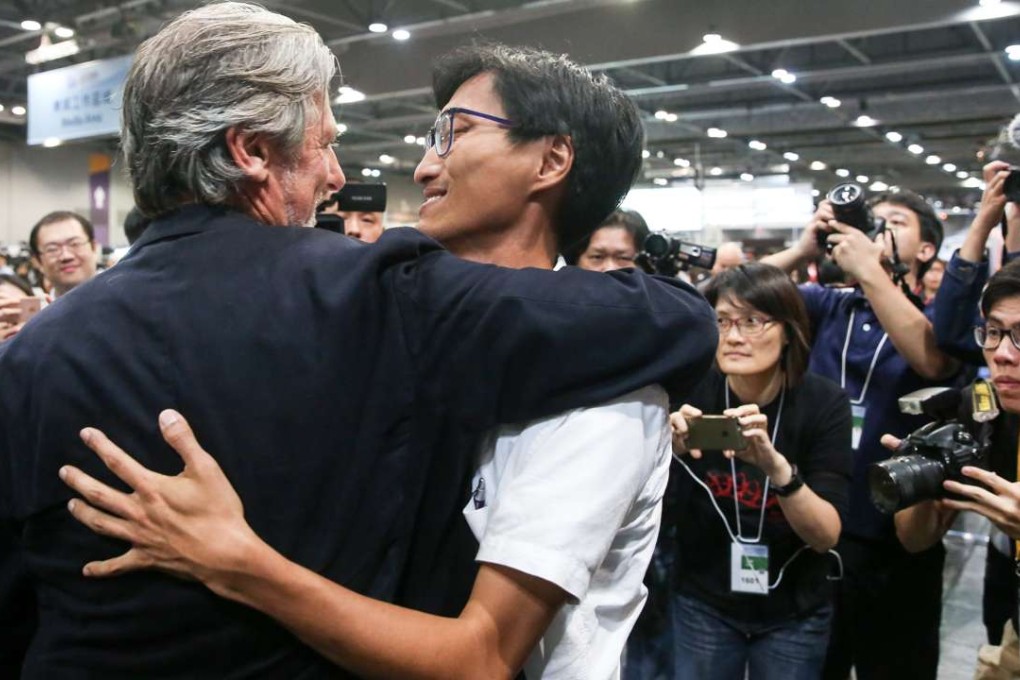Did election strategies in Hong Kong undermine fair play?
Ho Lok Sang says some pan-democrats may have indirectly flouted campaign budget limits which, when coupled with the behaviour of some candidates in the run-up to the polls, does not augur well for the city’s future

Elections are supposed to be fair, as fair play is fundamental to democracy. But, unfortunately, the Legislative Council election has been marred by the strange behaviour of some candidates, as well as a case of possible attempted bribery.
According to the rules, candidates who stand for direct elections are subject to a campaign budget ceiling of HK$3.03 million, while those who campaign for the district council functional constituency seats, the so-called “super seats”, must not spend more than HK$6.93 million. These ceilings are there to ensure fair elections for all, whether or not they have deep pockets.
The 2016 election attracted an unprecedented number of candidates. Two days before election day, five pan-democratic candidates threw in the towel, and asked supporters to vote instead for fellow pan-democrats who were still running.
Five pan-democrats quit Hong Kong’s Legislative Council elections in face of grim polls
Trying to do so as part of an election strategy would have been perfectly acceptable before the race. However, such actions just two days before election day is unfair; it raises questions about whether the campaign expenses of the exiting candidate should count towards the expenses of the remaining candidate, who benefited from the exit.

The pan-democrats certainly know the possible effects of too many candidates chasing the same pool of supporters. A recent article complained that the pro-establishment camp violated the spirit of free elections by trying to persuade Bernard Lim Wan-fung not to enter the race in the architectural, surveying, planning and landscape functional constituency, so he would not challenge the incumbent Tony Tse Wai-chuen. But, as long as persuasion remains just that, there is nothing wrong.
In fact, dropping out is more likely to be part of a strategy. If this strategy is allowed, it would render campaign budget limits ineffective.
